🇫🇷 Study in France
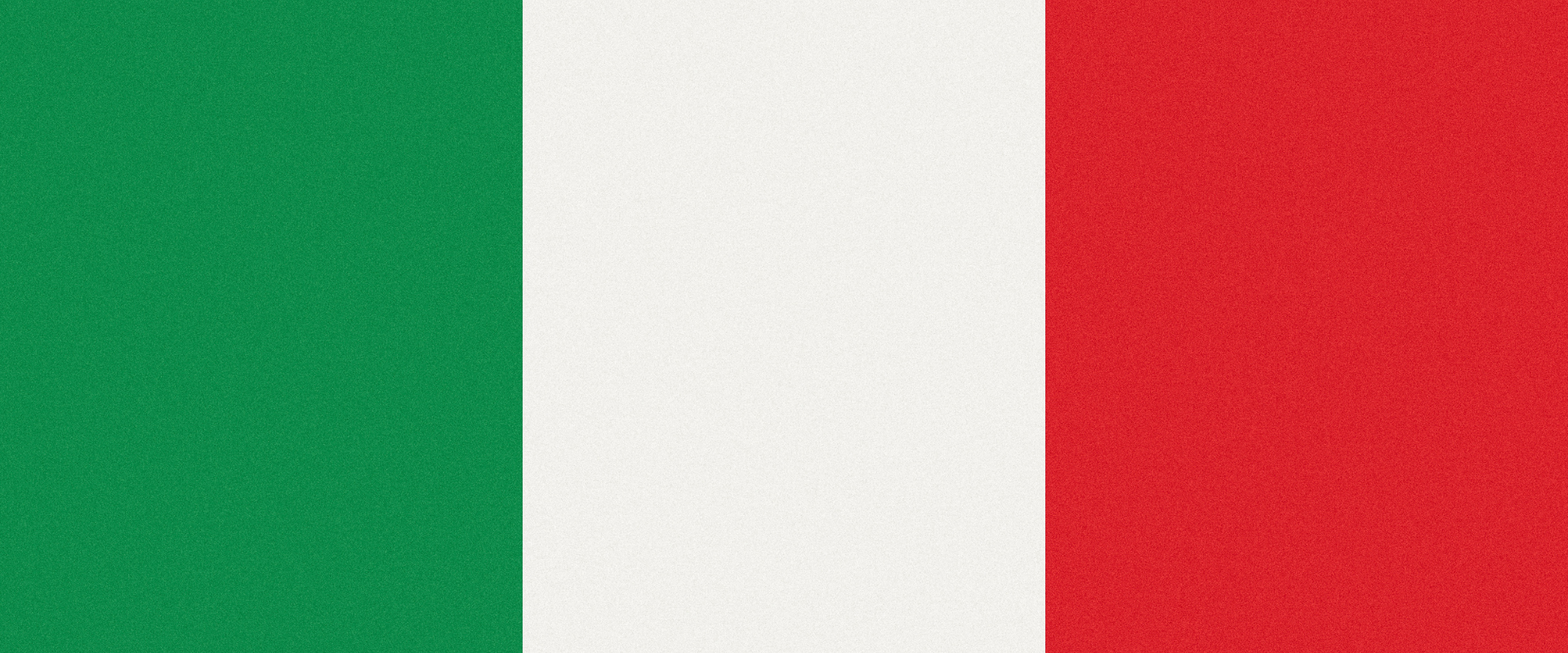
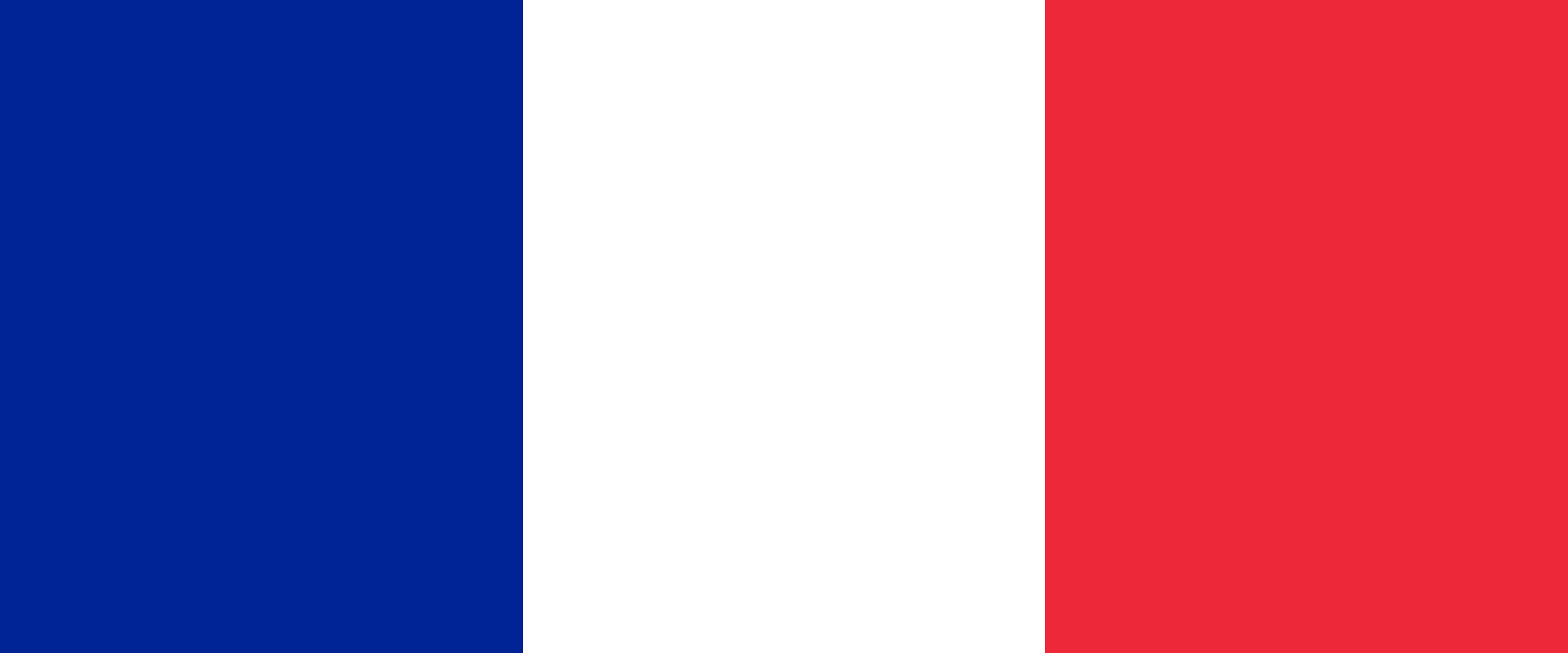
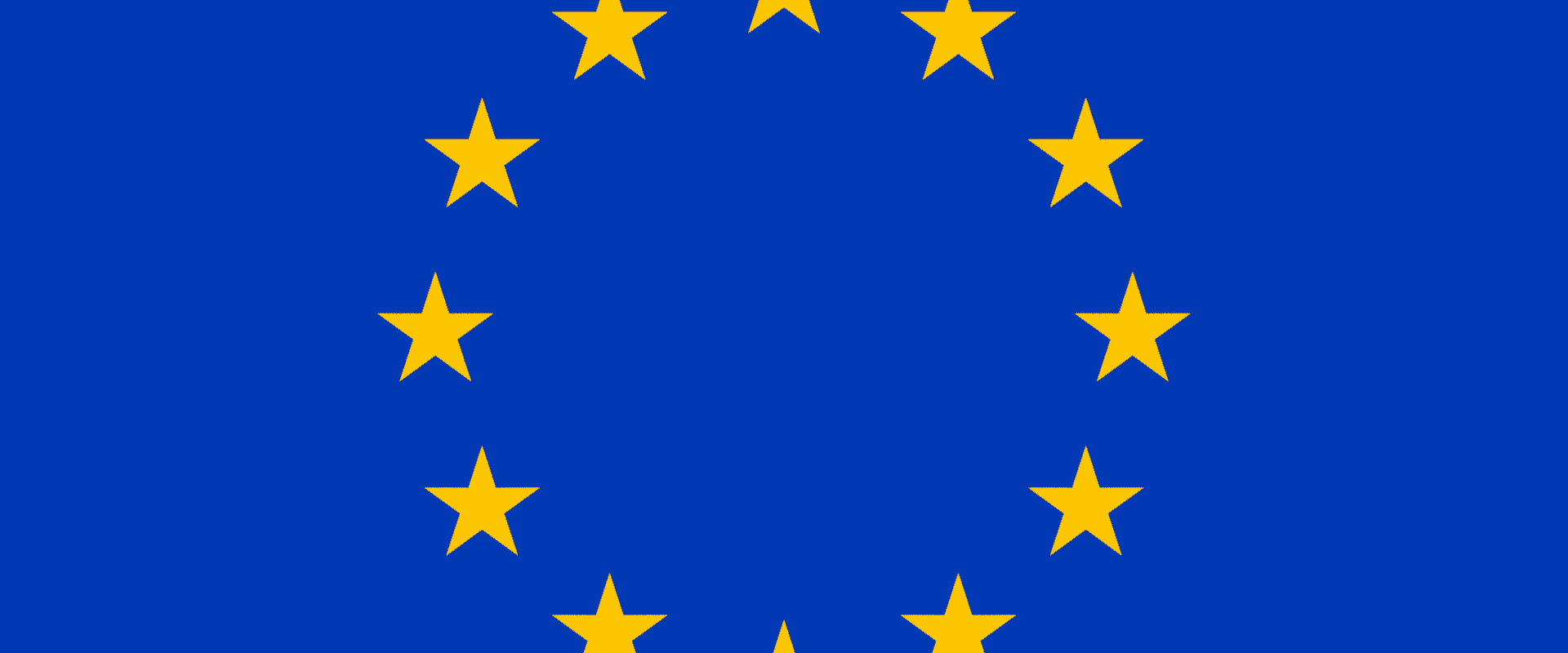


Study in : Top Universities, Cost & Visa Guide
Education System
🎓 French Education System
France is known for its high-quality, internationally recognized education system. With a strong focus on research, innovation, and practical learning, French universities provide students with globally respected qualifications. Higher education is divided into three main levels: Licence (Bachelor’s), Master’s, and Doctorate (PhD). Courses in France often combine classroom learning with practical exposure through internships and projects, preparing students for careers worldwide.
France also offers dual-language learning opportunities, with many programs available in English and French, allowing international students to choose the mode that suits their needs. Public universities in France are highly affordable, while Grandes Écoles offer elite education in business, engineering, and management.
📌 Quick Facts About Studying in France
France is the 6th most popular study destination worldwide.
Students can work up to 20 hours/week while studying.
Many programs are available in English and French.
Post-study work visa (APS): 12–24 months for graduates, with possibility to extend via Talent Passport up to 4–5 years.
France emphasizes research, innovation, and industry experience.
Students from over 180 countries study in France, enjoying a rich multicultural environment.
💶 Cost of Studying in France
Tuition Fees:
Public universities: €2,500–€4,000 per year (Bachelor’s and Master’s).
Grandes Écoles or private universities: €10,000–€20,000 per year.
Living Costs:
Average monthly expenses outside Paris: €800–€1,000 (accommodation, food, transport).
Paris: €1,200–€1,600 per month due to higher rent and living costs.
Additional Costs:
Student visa: ~€99
Health insurance (mandatory): ~€200–€300/year
Arrow Overseas Study helps students budget effectively and provides guidance on scholarships to reduce financial burden.

💼 Career & Industry Insights
France is a global hub for industries such as fashion, business, technology, engineering, hospitality, and aerospace. Graduates from French universities enjoy strong career prospects in multinational companies. With the post-study work visa (APS), students can gain international work experience in France for up to 2 years, enhancing employability in Europe and globally.
Internships and industry projects are often mandatory components of French programs, ensuring students graduate with practical skills aligned to industry needs.
6 Popular Universities in France
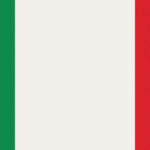
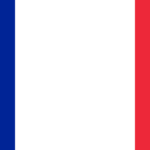
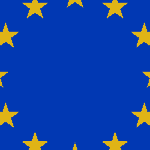

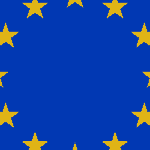
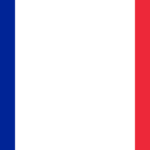

Scholarships
Eiffel Excellence Scholarship – For Master’s and PhD programs, fully-funded.
Charpak Scholarship (French Embassy) – Covers tuition and living expenses for Indian students.
Erasmus+ Program – EU-wide scholarship for exchange and degree programs.
Campus France Grants – Partial or full tuition support for international students.
French Grandes Écoles Scholarships – Merit-based scholarships for elite business and engineering schools.
University-specific Scholarships – Many French universities offer scholarships for international students.
Life in France: Student Essentials
Students in France can choose from university halls, private apartments, or shared housing, often with CAF housing allowance to reduce rent. Mandatory health insurance (Sécurité Sociale) ensures medical coverage, and Imagine R provides discounted public transport in Paris. Many residences offer free or subsidized weekly groceries.
Students can work up to 20 hours/week and take part in paid internships for practical experience. France’s vibrant culture offers art, food, festivals, and international student communities. For emergencies, dial 112, and universities provide support helplines for guidance.